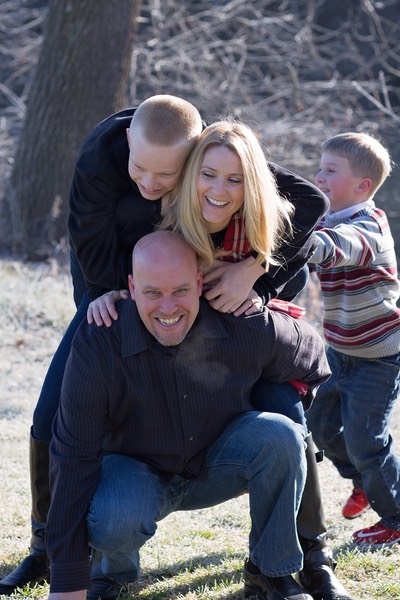One of the many times I find it hard to listen, is when my kids first get home. I have questions and I want answers. Quick. So we can get to everything else I have planned. Sounding like a drill sergeant I start a barrage of the “who, what, where, when, and why” questions. Usually the questions stall somewhere in the air, because I’m sure they never reach my child’s ears. I have found consequently, this is a quick path to shut down communication. In the long run, it can even create a child that chooses to avoid conversing about anything.
Thinking about long-term goals, what positive tools can be used to get our kids to talk to us about all things? How can we help our kids to have voices that are respectful and able to be heard? How can we teach them to learn positive ways to express emotions? How can we teach them to care about others and not be self-centered in conversations?
One idea to get kids talking is to start the conversation the same way we would when we talk to a close friend. Words like, "The craziest thing happened to me today," or "My day has been a rat race," or "I'm so glad to see you, my day just improved!" This type of communication tends to do a few things. First, it sets the tone, creating an atmosphere that feels "safe" to talk. Second, it takes the pressure off one person, usually the child, and structures the environment to be one of reciprocity. Last, when we share with our kids the good, bad, silly, frustrating stories, it helps our kids to think outside of themselves, and learn how to think about others, care for others, and ask questions and make relevant comments.
A second idea is to create a repertoire of phrases that encourage communication. "It sounds like you really care about this," "I hear this is very important to you," "I see you've been doing a lot of thinking about this," or "Tell me more,” imply care and a willingness to listen.
Moreover, sharing with our kids, not just questioning them, is essential to them learning effective communication skills. Communication skills which are at the core of all relationships, starting with spiritual and unfurling from there.
I must add a side note. By no means am I talking about parentifying or adultifying our kids. There are some parents who share information with their kids that are inappropriate for their age or family position. Some parents also try very hard for their children to like them at all costs. This can also lead to an unhealthy relationship in which boundaries are not easily recognized and the child is left feeling insecure. Talking to them like you talk to your best friend means that there is a tone of kindness, an atmosphere of respect and acceptance, and a circular direction (give and take) of communication.
